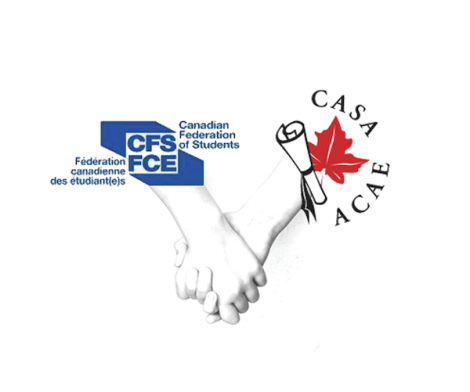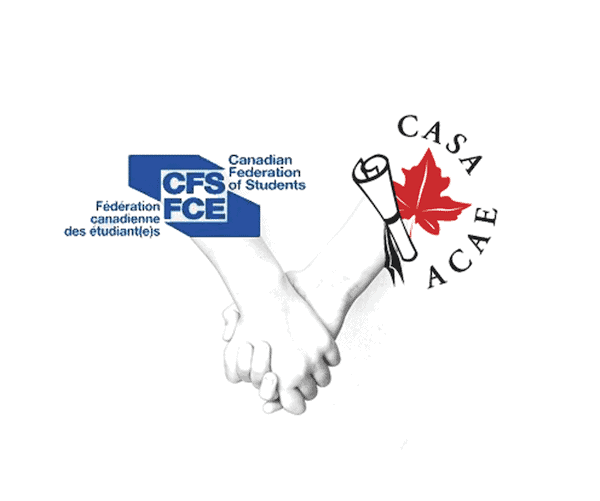Last week, newly elected Quebec premier Pauline Marois cancelled the 80 per cent fee hike and controversial Bill 78 put into place by the previous premier, Jean Charest. Whether or not you sympathize with the red square movement, it did block the hike and achieve its goals. Meanwhile, students in Ontario face a dire situation when it comes to the state of post-secondary education.

Tuition fees in Ontario continue to increase at an astronomical rate and per-student funding is the lowest in the country. Conditions seem ripe here for mass protests, so why haven’t there been any? The answer lies in the ineffectiveness of our unions. Since the 1990s, Ontario undergraduate students have been divided into two unions, the Canadian Federation of Students-Ontario (CFS-O), of which the UTSU has been a member since 2002, and the Ontario Undergraduate Student Alliance (OUSA), which U of T helped to found. Both unions certainly have their flaws.
While the CFS-O takes the right policy positions when it comes to post-secondary education, they are not effective at mobilizing and energizing students to carry the mantle for their cause. Two occupations at Glen Murray’s office last year consisted solely of local student union executives and the drop fees protest only attracted about 2,000 people at most. People feel isolated from the CFS-O — which does not give its unions enough autonomy. While there is strength in numbers, student unions must be given room to breathe in order to operate to their potential, to provide better services, campaigns, and events for students. The CFS-O must also respect the democratic processes at these schools and not interfere with local union elections. These factors make students apathetic, even resentful towards the CFS-O and therefore mobilization is difficult.
The CFS-O also has to reconsider some of its tactics. While there is certainly a time for antagonism in dealing with the government, we must be reasonable and negotiate for as much as we can get. This does not mean caving in to the demands of the government and abandoning protest, but working with the government effectively to get some things done.
OUSA — a member of the Canadian Alliance of Student Associations (CASA) — on the other hand, gives its student unions a lot of autonomy. OUSA universities are often not commuter schools, but OUSA unions have been able to better engage and interact with their constituent students. For example the Western University Students’ Council elections last year produced a turnout of 59 per cent. By contrast, at U of T last year we had a turnout of 10.5 per cent. Where OUSA fails to represent students is in its activism; it rarely criticizes the government and believes in quiet lobbying rather than mobilizing students to apply pressure.
Lobbying is an option, but students have nothing to offer the government as lobbyists, so protest must be retained as an option. If students aren’t being educated about the issues facing post-secondary education by their own union, why mobilize? Ineffective criticism of the government also sends dangerous messages to policy makers — that students accept the status quo and post-secondary education shouldn’t be a major policy issue. In the past, OUSA executives have been hired by the government, and this type of cozy relationship is concerning.
Having two student organizations that run contrary to each other is also counterproductive to achieving our goals. Both unions often criticize each other and take cheap shots at each other. If students can’t convince each other of the legitimacy of their arguments, how can we convince policy-makers? Furthermore, while a lot of undergraduate students are represented by OUSA, graduate students are almost exclusively represented by the CFS, adding another challenge to presenting students as a united force.
The ineffectiveness of our unions is clear in the policy and practices of the government of the past few years. Our unions have accomplished a few things, but more needs to be done. Post-secondary education is in decline in this province and it is time for the unions to put petty politics aside and unite for the sake of students.


